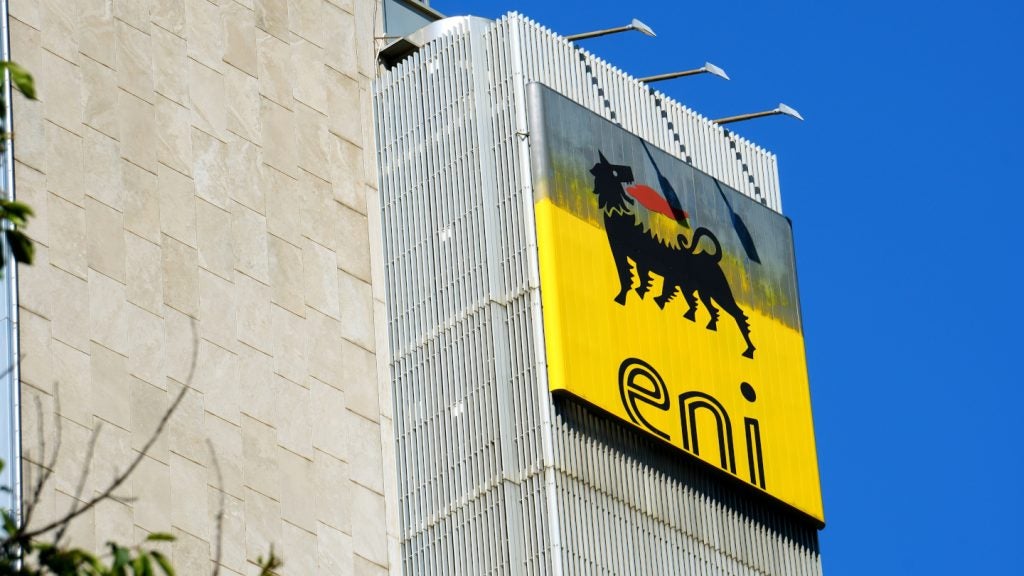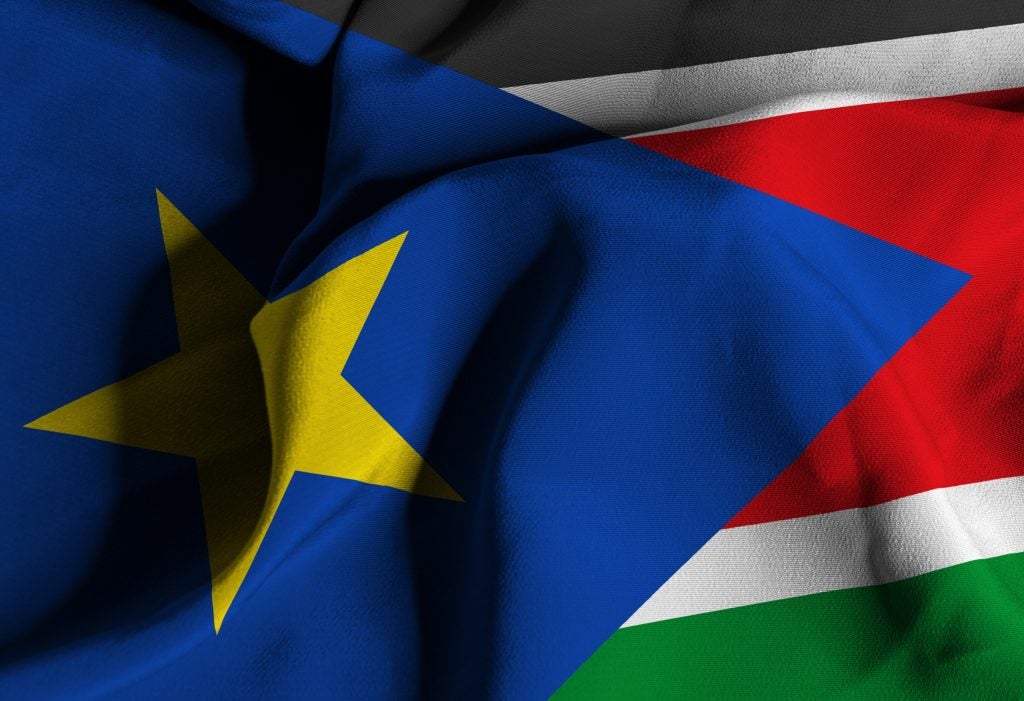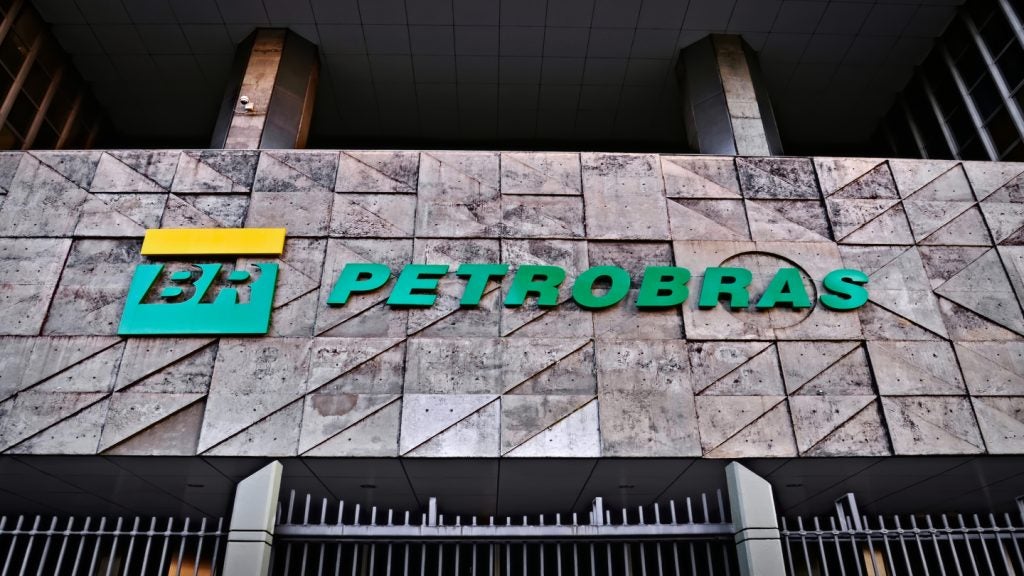BP has reported that underlying replacement cost profits for the second quarter of this year fell to $720m, down 44% from $1.3bn a year ago.
The result was impacted by lower oil and gas prices, as well as weak refining margins.
During the quarter, underlying operating cash-flow before pre-tax Gulf of Mexico payments stood at $5.5bn.
BP said that the company’s cash costs over the past four quarters were around $5.6bn lower than in 2014 and these costs for next year are expected to be $7bn lower than in 2014.
Earlier this month, BP made progress in resolving outstanding claims from the Deepwater Horizon accident and oil spill.
In the second quarter, the company has taken a net post-tax non-operating charge of $2.8bn, which includes a pre-tax non-operating charge of $5.2bn that is associated with the Deepwater Horizon liabilities.
How well do you really know your competitors?
Access the most comprehensive Company Profiles on the market, powered by GlobalData. Save hours of research. Gain competitive edge.

Thank you!
Your download email will arrive shortly
Not ready to buy yet? Download a free sample
We are confident about the unique quality of our Company Profiles. However, we want you to make the most beneficial decision for your business, so we offer a free sample that you can download by submitting the below form
By GlobalDataBP group chief executive Bob Dudley said: “We are very pleased to have finally drawn a line under the material liabilities for Deepwater Horizon.
“As we look forward we expect the external environment to remain challenging, but we have a strong pipeline of new projects, which will add 500,000 barrels of oil equivalent a day of new production capacity by the end of next year.
“We are now well down the path of transforming our business to compete, whatever the future holds.”
BP received $1.9bn from divestments in the first half of the year, including the partial sale of its stake in Castrol India.
The total cumulative pre-tax charge for the Deepwater Horizon incident is $61.6bn, which includes this quarter’s $5.2bn pre-tax charge.
Commenting on BP’s results, Warwick Business School professor David Elmes said: “Crude oil prices have recovered slightly since the last quarter, aided by production lost for a while in Canada and Nigeria.
“BP and its peers face a ‘lower for longer’ challenge with oil prices taking longer to recover from the drop that started in 2014 than we’ve seen in previous falls in oil prices. It’s forcing them to keep on cutting costs and borrow money to pay dividends.”







